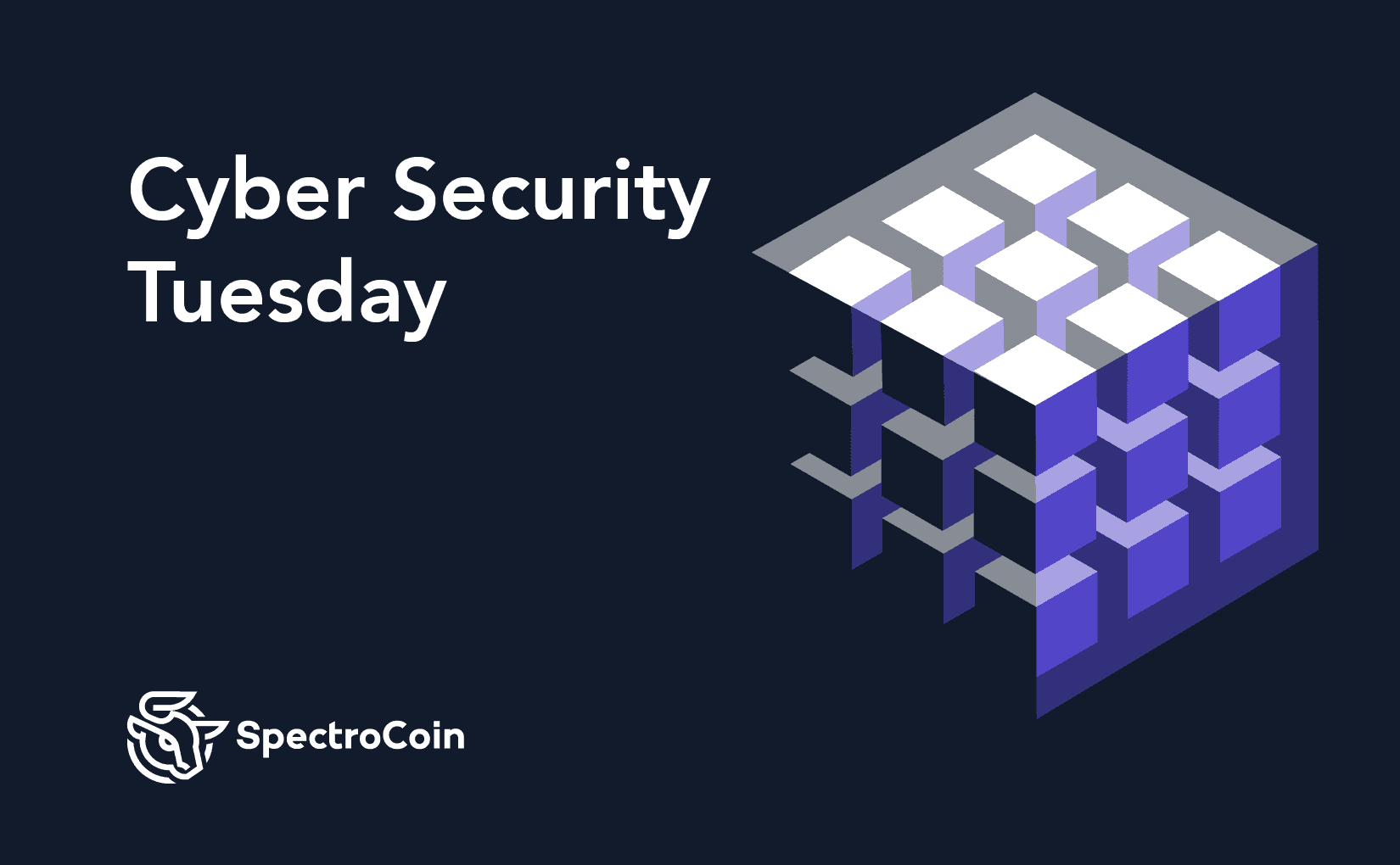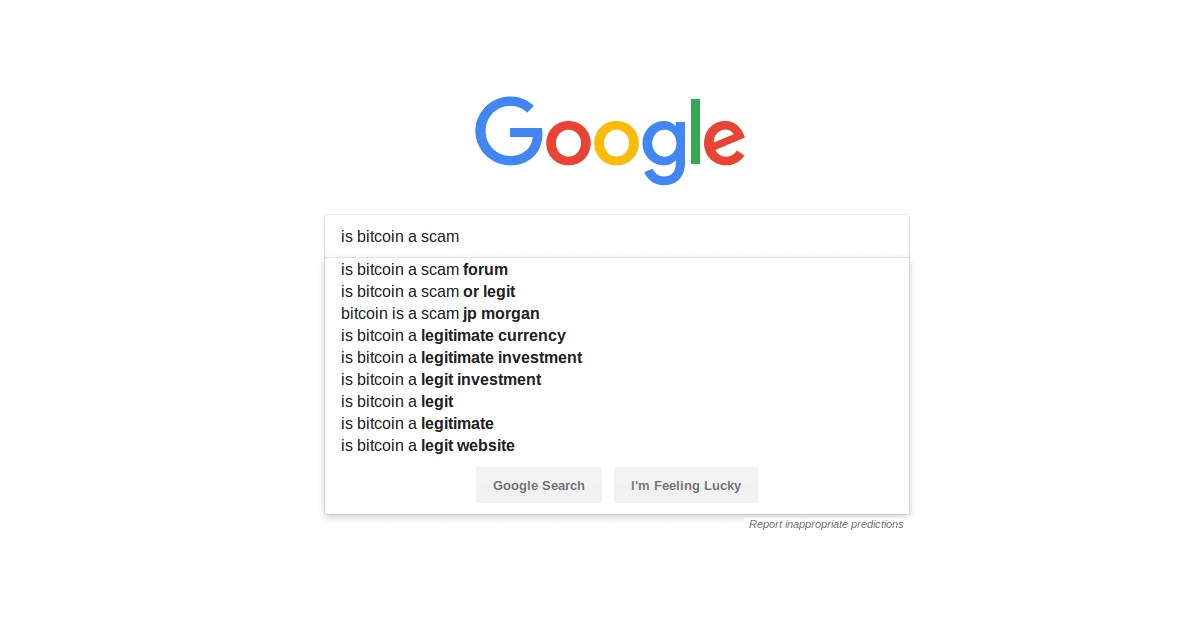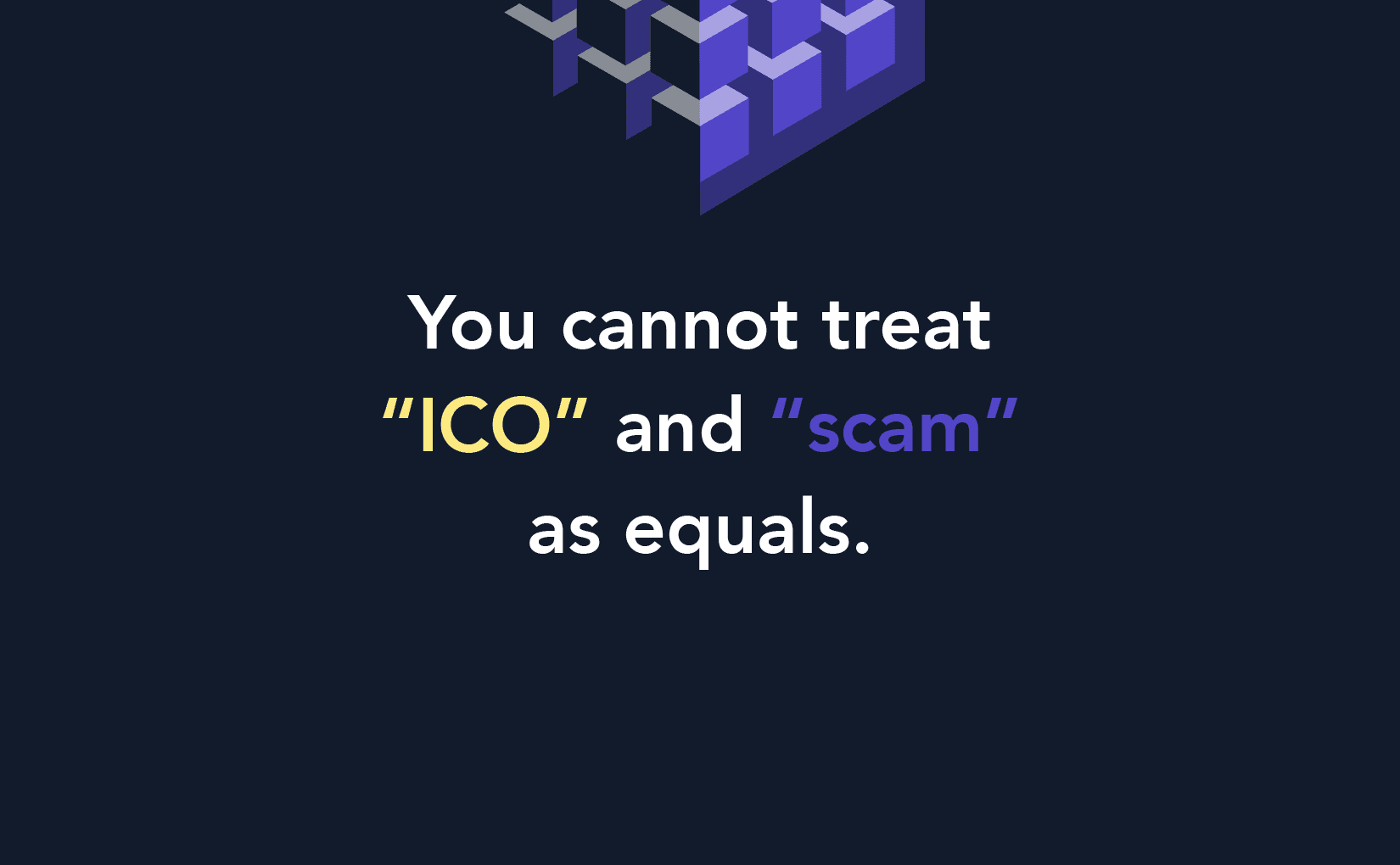Cashing Out on the Crypto Rush
Different sources suggest that about €8 million are lost every day due to scams in the crypto environment and the numbers continue to grow. A lot of victims who were targeted by cryptocurrency scams are thought to lack experience or judgment in the field. Despite the fact that cryptocurrencies have been in the market for almost 10 years, the question “is bitcoin a scam?” still lingers on some minds. The easiest explanation for this is that individuals fear what they do not understand: the exponential growth of the blockchain technology, of the variety of new coins in the market, of products to invest in or cryptocurrency-based projects to be a part of. This becomes the perfect fuel for most of the scams and malpractices in the financial field.

To help our customers to avoid becoming victims of cryptocurrency scams, SpectroCoin presents the most common targets of fraud scams in the crypto environment.
Shady tricks with fake coins
Even though a number of scams involving cryptocurrencies have been witnessed, there is no reason to label all digital coins as scams. Recently, a new wave of cryptocurrencies built on decentralized networks have entered the market as alternatives to bitcoin and other popular coins, such as Ether, Dash or Litecoin. It is impossible to track all new coins or tokens created, which gives fraudsters a great opportunity to persuade people to invest their money into fake coins.
When determining if a new coin is fake or real, we should raise the same questions that we asked ourselves in order to decide is bitcoin a scam or not. Can the currency be checked on the blockchain?
Cryptocurrencies and tokens are based on a distributed ledger technology, so monetary operations such as buying, selling and trading can be checked on the blockchain. If you can check the performance of a new coin on the blockchain, it can be considered legit.
What is the liquidity of this coin?
When you try to determine the legitimacy of a new coin, you should consider liquidity. You should be able to convert your new asset into other cryptocurrency or fiat currencies easily.
Is the new coin built on hype and does it have a correlation with reality? What is the function of this new coin?
New coins that come into a decentralized market should bring something new to the table - additional value or usage cases that are not covered by bitcoins or other altcoins.
They look like basic steps, but these precautions should be on everyone’s minds before purchasing a new coin.

If you lived off the grid and you are among people who still constantly turns to Google for answers to your questions - is bitcoin a scam or a trustworthy cryptocurrency -, SpectroCoin invites you to dive into our "What is bitcoin" text!
Snakes in the grass - malicious apps and links
Despite the fact that malware infections have recently decreased by 20%, they are still considered one of the most common cryptocurrency scams. Hackers attempt and find new creative ways to steal funds from people. We already mentioned some cases on the "Protect Yourself from Scams" post, but effective prevention still depends on your judgment and on avoiding the download of anything you do not trust or do not fully understand, no matter how tempting it might look.
The new “trend” created by fraudsters are malicious crypto mobile applications. Malware programs, once installed, will gather the user’s personal information, such as credentials and private key or will change bitcoin addresses to the hacker's address. Since most of the cryptocurrency transactions are irreversible, once they are confirmed by the network, it will be impossible to recover your funds.
Building a simple app requires little or basic coding skills, which makes it an excellent way for fraudsters to gain access to information in your device. SpectroCoin highly recommends you to be super-cautious about applications that you install on your devices and to always double-check who is the creator of the app!
ICOs - the new wild wild west
Fundraising mechanisms such as Initial Coin Offerings (ICOs) have raised billions of euros and attracted ICO scammers with only one goal in their mind - fill their pockets with easy money.
Many fraudsters are relying on low-tech tricks, like providing possible investors a fake wallet address with hopes that it will be funded with the ICO participants’ money. Others go to greater lengths and apply pump and dump schemes in order to drive up the price of ICO tokens so that they could dump their share for profit. Also, there are plenty of cases in which fraudsters even recreate/mirror whole ICO landing pages or use phishing, social engineering and impersonating methods to steal funds from you.

While there are many fraudulent ICOs and even more cryptocurrency scams which are preying on naive people and their wallets, you cannot treat “ICO” and “scam” as equals. However, there are red flags you should be aware of before putting money into new ICO.
SpectroCoin suggests that you avoid promises that sound too good to be true - it is always better to choose a project that has a product to show, not only a whitepaper or idea; never blindly trust offers, people and messages on social channels that claim to be from official ICO representers; do at least basic due diligence on the project; check if the facts in the whitepaper are realistic and fair.
Let us know your thoughts about fraudulent activities and participate in SpectroCoin scam awareness campaign!